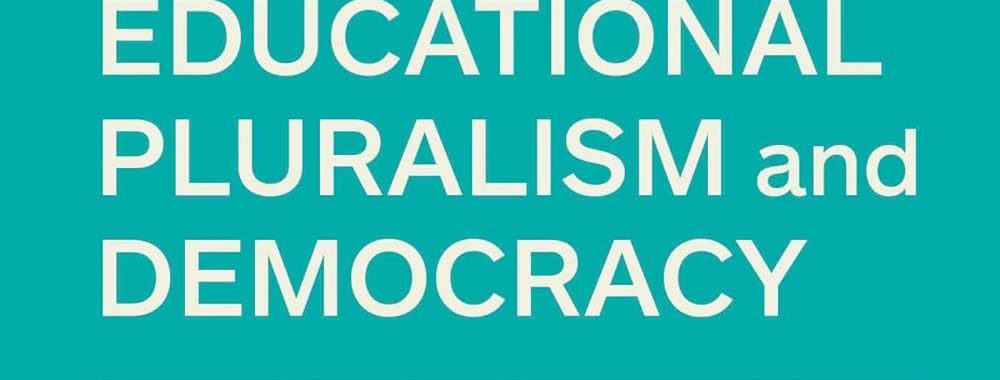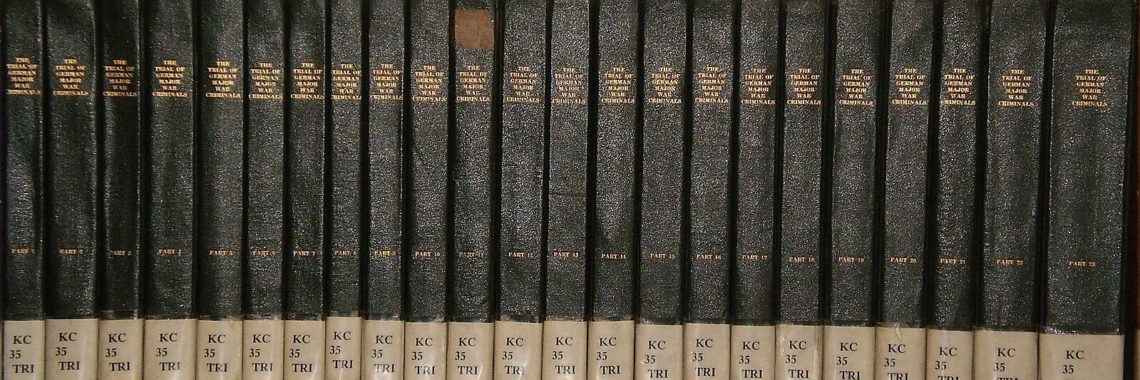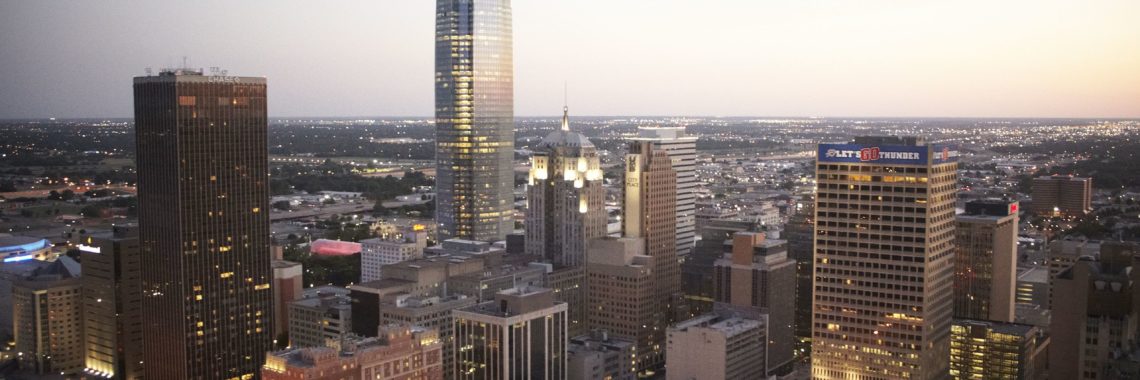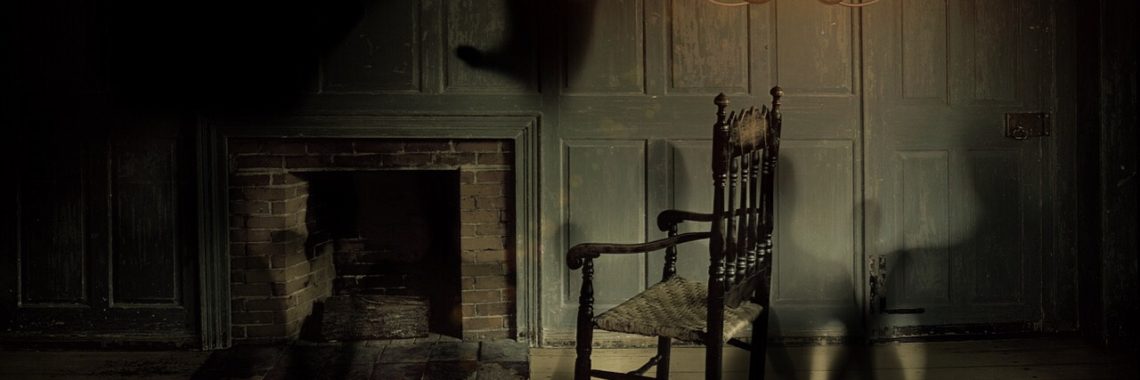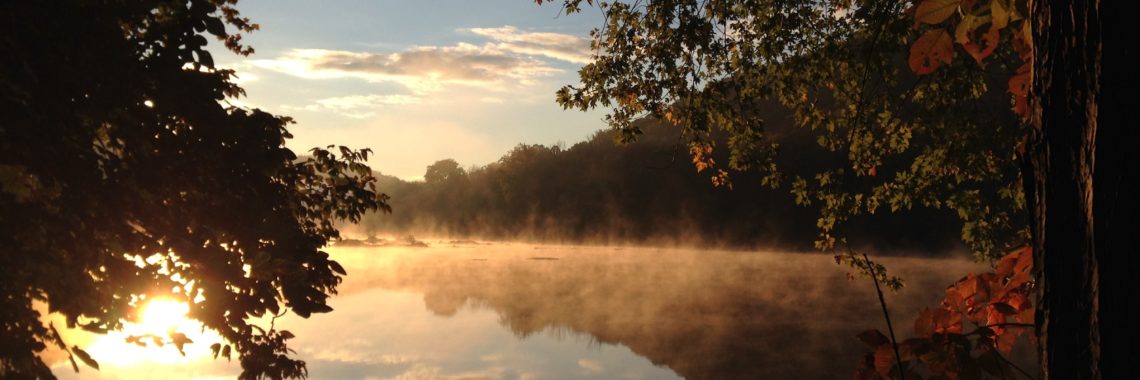“Good Vibes Only: The “Aloha Spirit” in Hawaiʻi Constitutional Interpretation” by Aaron Walayat
Image by Talpa from Pixabay In 2017, Christopher Wilson, a resident of Maui, Hawaiʻi, was charged by the state for possession of an unregistered pistol, a violation of state statute. He moved to dismiss the charges, arguing that the statutes unconstitutionally infringed on his right to keep and bear arms under both the Hawaiʻi Constitution…





